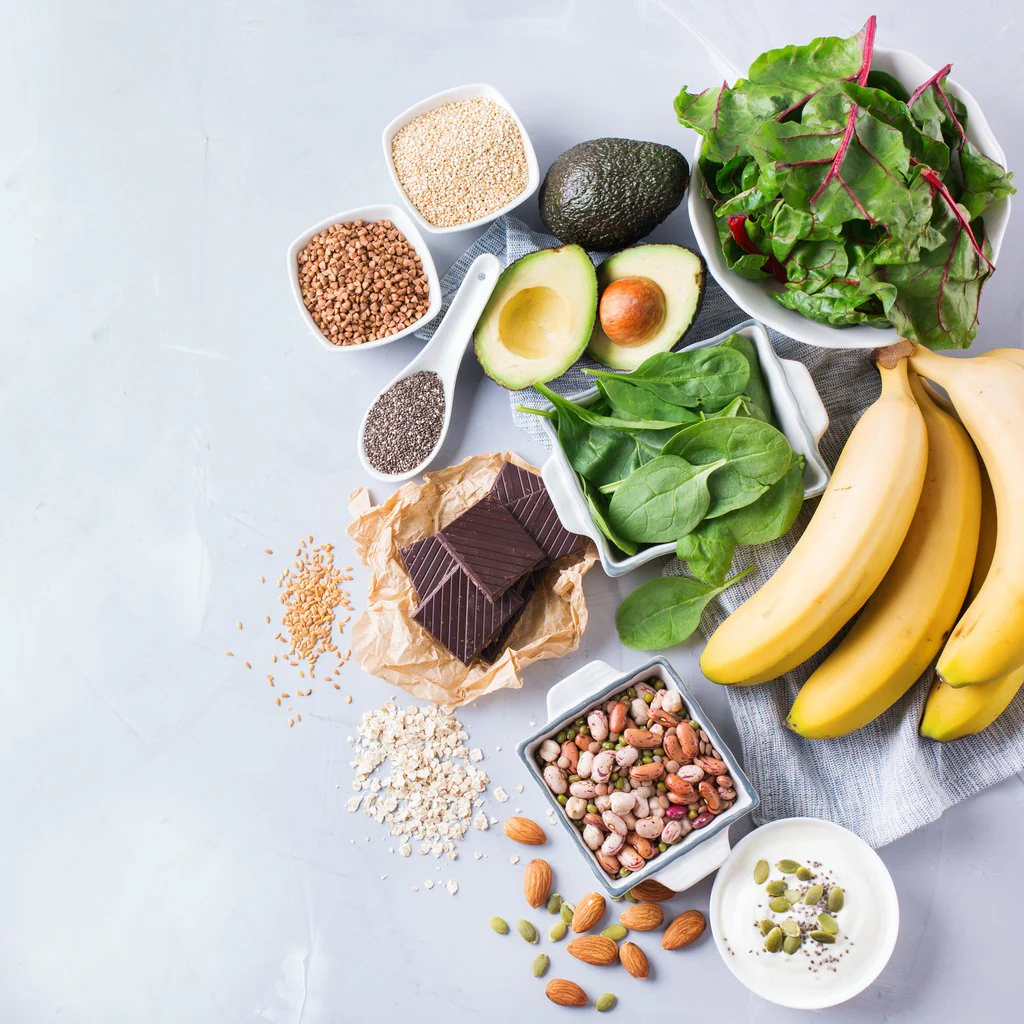
- Health advice
- May 21, 2016
No matter how old you may be, it’s vital to ensure that you have healthy eyes. One of the best ways to do that is to get them checked by your optometrist or eye specialist. What your Optometrist can see – that you can’t Did you know that by looking into your eyes a specialist can see whether or not you have a cholesterol build up in your blood vessels? Dr Andrew Iwach, Associate Clinical Professor of Ophthalmology, University of California San Francisco has this to say: “They’re the only place in the body where you can see a bare nerve, a bare artery, and a bare vein without doing any cutting. And the disease processes we see occurring in the eye are probably occurring in the rest of the body.”
The most common eye conditions you should be aware of
There are many signs and symptoms to be conscious of in keeping healthy eyes. Don’t disregard any of them because sometimes, by the time you become aware of a change in the feel or vision of your eyes, the problem is already advanced. Here are just a few of the major problems you may experience:
- Glaucoma (usually age related and hereditary)
- Macular Degeneration (usually age and diet related)
- Diabetic retinopathy (specific to diabetics, can happen at any age)
- Detached Retina (flashes of light, floaters – seek help immediately)
- Cataracts (the eye lens becomes cloudy/opaque)
All of these are relatively common especially after the age of 40, and they don’t always become apparent until you have an eye exam. So the underlying message is that you should have a check up every 2 years. If you notice any change in the look of your eyes or your vision, you should consult an eye doctor without delay.
How to make sure you have healthy eyes
Here are some simple steps to protect and enhance the health of your eyes:
- Eat well – avoid processed food and sugar as much as possible and any other foods that increase inflammation like gluten from grains and dairy if you are sensitive to it.
- Drink well – avoid sugary drinks, soft drinks too much caffeine and alcohol. Drink plenty of good quality water.
- Computer work – step away and look around every 20 minutes. Better still get up from your chair walk around and look out into nature or into the distance. Your blinking rate diminishes what you are looking at a computer screen and this can lead to eyestrain and dry eyes
- Get outside and get natural light into your eyes without sunglasses but do use sunglasses to protect your eyes from the glare of the sun if you need to for driving etc.
- Try Sunning (looking at the sun with your eyes closed) and Palming (cover your closed eyes with the palms of your hands and sit quietly for a few minutes)
Supplements that may help your eye health and vision
- Omega-3 Studies have shown that omega-3 fatty acids may help protect your eyes from being too dry (Dry Eye Syndrome) as well as avoiding Macular Degeneration. Efficient drainage of intraocular fluid from your eye is essential to minimise the risk of glaucoma from high eye pressure and Omega-3 can help with this too
- CoQ10 There is mounting evidence that CoQ10 can significantly help prevent and repair Macular Degeneration as well as boosting healing after Cataract surgery
- Grapeseed Extract Grapeseed is high in the anti-oxidants Resveratrol and Vitamin E that help to improve your eyesight by increasing the efficiency of the small blood vessels in the eyes. Vitamin E helps them widen and strengthen these fine vessels
Mr Vitamins recommends
Nature Clinic Omega-3, CoQ10 and Grapeseed for the healthy eyes. Find out more about each of these supplements and shop on-line here
Remember you can always ‘ask a Naturopath’ at Mr Vitamins






